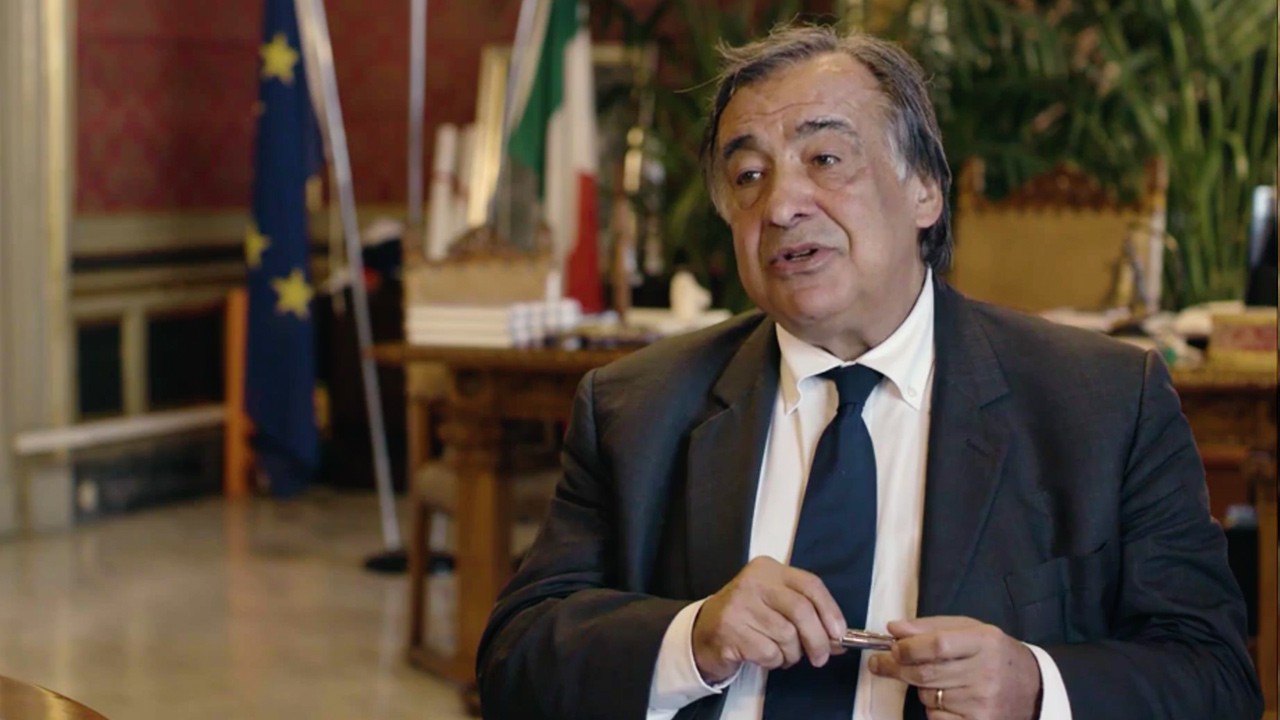Getty Images
Italy’s populist government has started plenty of fires since it came to power this month, from shutting the country’s ports to rescued migrants, to threatening to deport Roma from the country. Now it’s flirting with the fringe anti-vaccination movement — in the middle of a measles outbreak.On the campaign trail, both the far-right League and its coalition partner, the anti-establishment Five Star Movement, made statements sympathetic to Italy’s growing anti-vaccine movement, courting support from groups who buy into unscientific conspiracy theories that vaccines are dangerous.Both parties pledged to scrap a beefed-up law passed last year that made it compulsory for children to be vaccinated for 10 diseases — rather than the four previously mandated — in order to be enrolled in kindergarten. The threat alarmed health officials in a country with a low rate of uptake of the measles vaccine, and which has been battling a deadly outbreak of the disease since last year.It’s not clear whether the new government intends to follow through on its threat. But League leader Matteo Salvini, the strongman vice-premier and Interior Minister who is widely viewed as Italy’s most powerful politician, has already resumed his attacks on the law since coming into office.“We want to allow all kids to get into class, to go to school,” Salvini told a radio interviewer last week. “We will keep going because I believe that 10 mandatory vaccinations are useless, and in many cases dangerous, if not harmful.”The broadside on the law has exasperated the medical establishment, as it seeks to counter a measles outbreak that has seen the number of cases leap from about 870 in 2016 to more than 6,000 since then, with at least four fatalities.READ: Migrant numbers are way down in the EU, but the far right doesn’t want you to know thatIn 2016, Italy’s rate of measles vaccine coverage was estimated at 83 percent — well below the World Health Organization’s recommended 95 percent for “herd immunity.” Last year, the country accounted for a quarter of all measles cases in Europe.“What Mr. Salvini said is simply untrue from a scientific point of view,” virologist Roberto Burioni, a prominent voice in Italy’s vaccination debate, told VICE News.“As Interior Minister, he has responsibility for the safety of Italian citizens,” said Burioni, a professor of microbiology and virology at Milan’s Vita-Salute University San Raffaele. “To spread dangerous and fake news is, in my opinion, something that somebody holding such office should be more careful about.”Salvini’s attacks on the law were particularly irresponsible, given that data showed that the previous government’s compulsory vaccination law had begun to reverse a decade-long trend of decreasing vaccination coverage.“There are clear data indicating that the law introducing compulsory vaccination is working,” he said. “I hope that the new government will take advantage of such a trend and they will not cancel the law, as it would be really, in my opinion, a wrong decision.”Italy’s Health Ministry did not respond to requests for comment on its plans for the compulsory vaccination law. The new Health Minister, Giulia Grillo, is a member of the Five Star Movement; she insists she and her party are not anti-vax, but she has criticized the law’s position of barring unvaccinated children from school.Five Star Movement leader Luigi Di Maio has advocated that the law should revert to its previous status, which required vaccinations for just four diseases, with measles added in light of the recent outbreak. His party’s joint policy platform with the League calls for “finding the right balance between the right to education and the right to health.”Wherever the populist coalition lands in its bid to strike that balance, there are warnings that Salvini’s anti-vax rhetoric could already be having a detrimental impact on public health.“Historically, when a vaccination program has been politicized for gains not related to public health, the performance of the immunization program has deteriorated and the likelihood of outbreaks has increased,” Robb Butler, WHO’s Europe head of vaccine-preventable diseases and immunization, told VICE News. Cover image: Italian Interior Minister Matteo Salvini attends at the national meeting of 'Confartigianato' on June 26, 2018 in Rome, Italy. (Antonio Masiello/Getty Images)
Cover image: Italian Interior Minister Matteo Salvini attends at the national meeting of 'Confartigianato' on June 26, 2018 in Rome, Italy. (Antonio Masiello/Getty Images)
Advertisement
Advertisement
